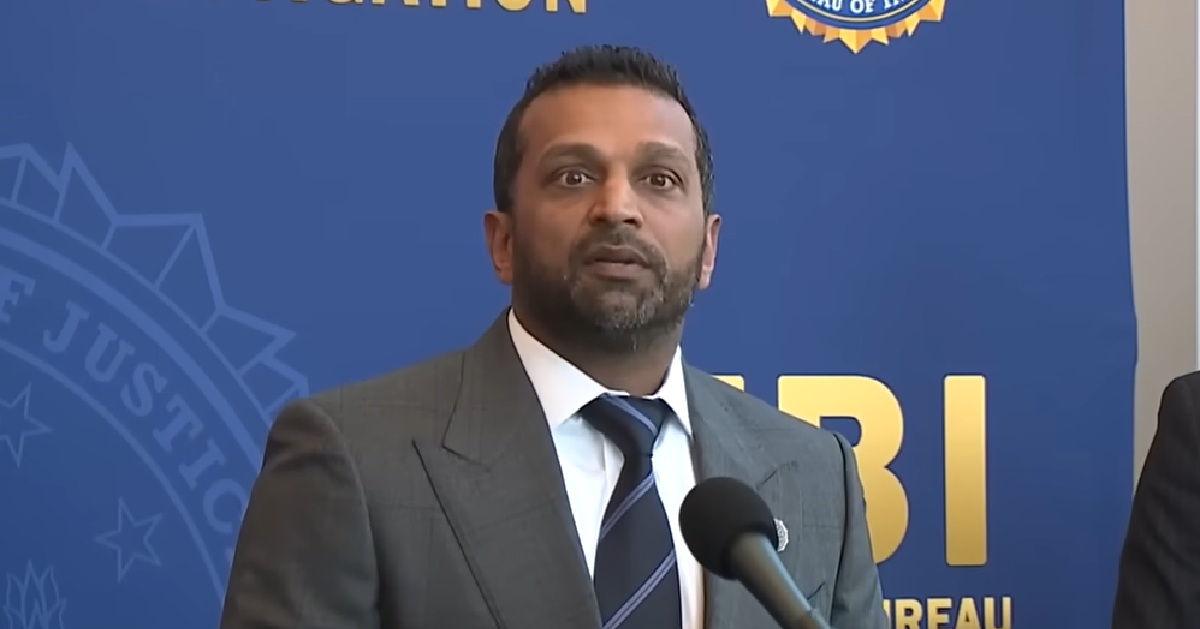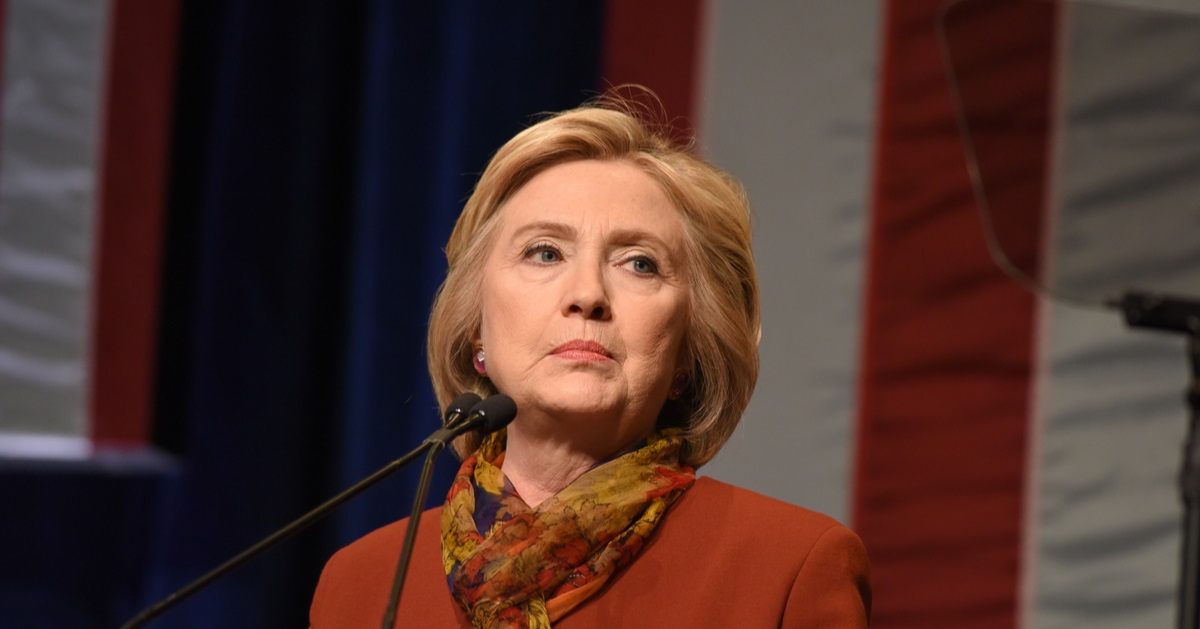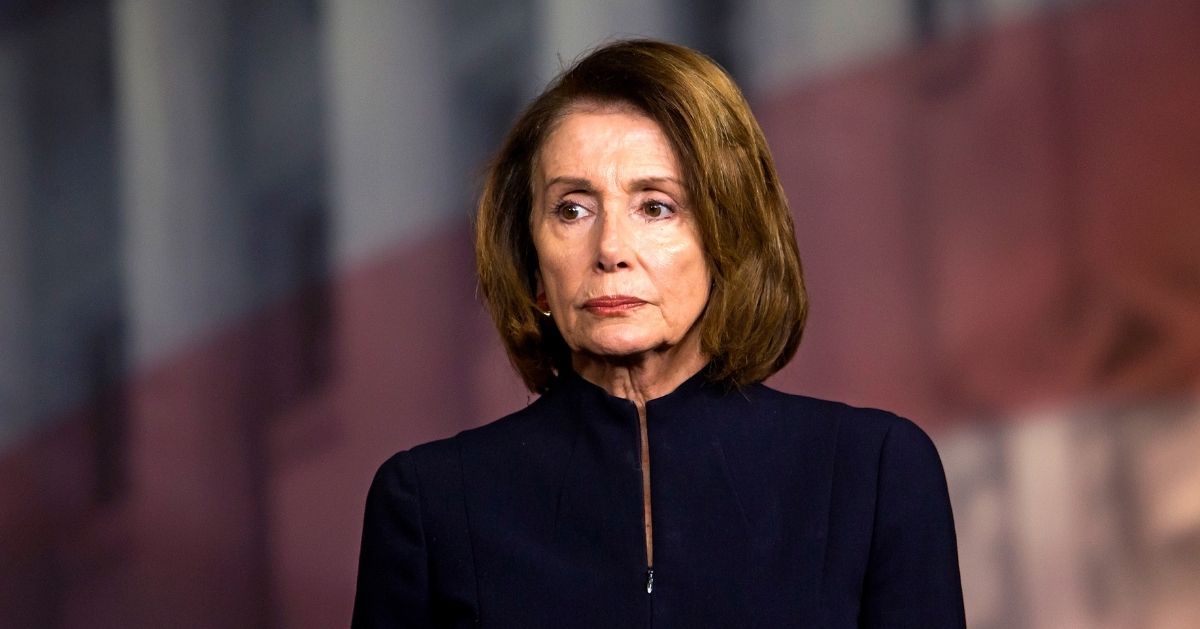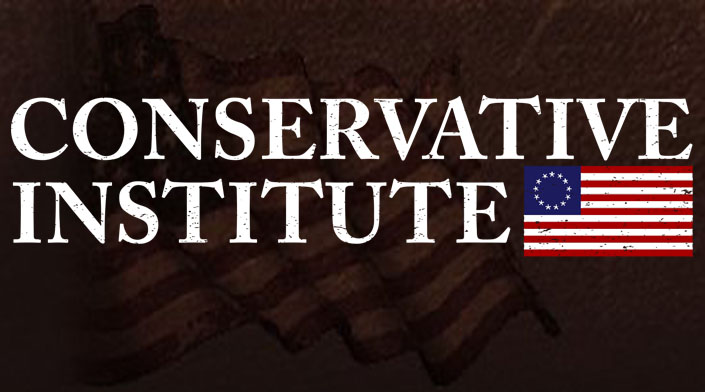Rifle used by Trump shooter legally purchased by father, transferred to son via legal private sale
On Wednesday, FBI Director Christopher Wray informed members of Congress about some of what investigators had learned to that point about the would-be assassin who attempted to kill former President Donald Trump at a July 13 campaign rally in Pennsylvania.
One important revelation from Wray was that the AR-15-style rifle used by the 20-year-old shooter had been legally purchased years earlier by his father and was subsequently sold legally to the son, Fox News reported.
Those facts have prompted discussions about the state's firearm laws and predictably sparked calls from some for stricter gun control measures, though it is unclear if any of the most common proposals would have prevented the Trump rally shooting from occurring.
Shooter obtained legally purchased rifle from father
During FBI Director Wray's testimony before the House Judiciary Committee, he told lawmakers about the results of a search of the attempted assassin's family home, "We located a number of firearms associated with the shooter and his family. I think it was a total of … 14 in the house."
"The weapon that he used for the attempted assassination was an AR-style rifle that was purchased legally," he said. "We believe, based on what we’ve seen, that his father, after purchasing the gun, legally sold the gun to his son."
The shooter, identified as Thomas Crooks, was further described by Wray as a "fairly avid shooting enthusiast" who, in addition to the rifle used also brought along spare ammunition magazines, a bulletproof vest, and "crude" explosive devices plus a detonation transmitter to the rally, though the vest and explosives had been left in the shooter's vehicle.
Shooter's father declines to answer media questions
According to the New York Post, Crooks' family has reportedly been cooperating with investigators probing the Trump rally shooting, though they haven't yet addressed the media's questions.
The shooter's father, Matthew Crooks, was spotted by reporters leaving a grocery store a few days after the incident but, when pressed for comment, replied, "We’re going to release a statement when our legal counsel advises us to do so -- until then, we have no comment."
As the reporter continued to ask questions while the groceries were loaded into the car, the father added, "We just want to try to take care of ourselves right now. Please, just give us our space."
Could the father be held criminally liable?
CBS News reported that it learned from law enforcement sources that, prior to the Trump rally shooting, the shooter conducted an internet search on recent examples of mass shootings in which a young shooter's parents were held criminally liable for their child's actions, suggesting Crooks had some concerns in that regard.
It has also been reported that Crooks' father called the police before the shooting to express concerns about his son, which could raise questions about what he may have known ahead of time about his son's deadly intentions.
However, based on the little bit of publicly available information at this time, it doesn't appear likely that the father will be held liable for the actions of the son, given that the rifle was legally purchased in 2013 and later transferred through a legal private sale to the son after he was older than 18, the minimum age to purchase and possess long guns like rifles and shotguns in the state.
Trump rally shooting spurs more gun control proposals
Of course, gun control advocates would like to change that, according to Pennsylvania's Public Source, and there are some pending pieces of state legislation passed by House Democrats but stalled by Senate Republicans that those advocates believe might have prevented the Trump rally shooting from happening, though gun rights advocates disagree.
Those gun control measures include "universal background checks" and a ban on private sales, a ban on so-called "assault weapons" like the semi-automatic AR-15-style rifle used, an increase of the minimum age to purchase long guns from 18 to 21, a safe storage requirement for all firearms in a home, and "extreme risk protection orders" or "red flag" laws that allow for gun owners to be temporarily disarmed if they are believed to pose a threat to themselves or others.





